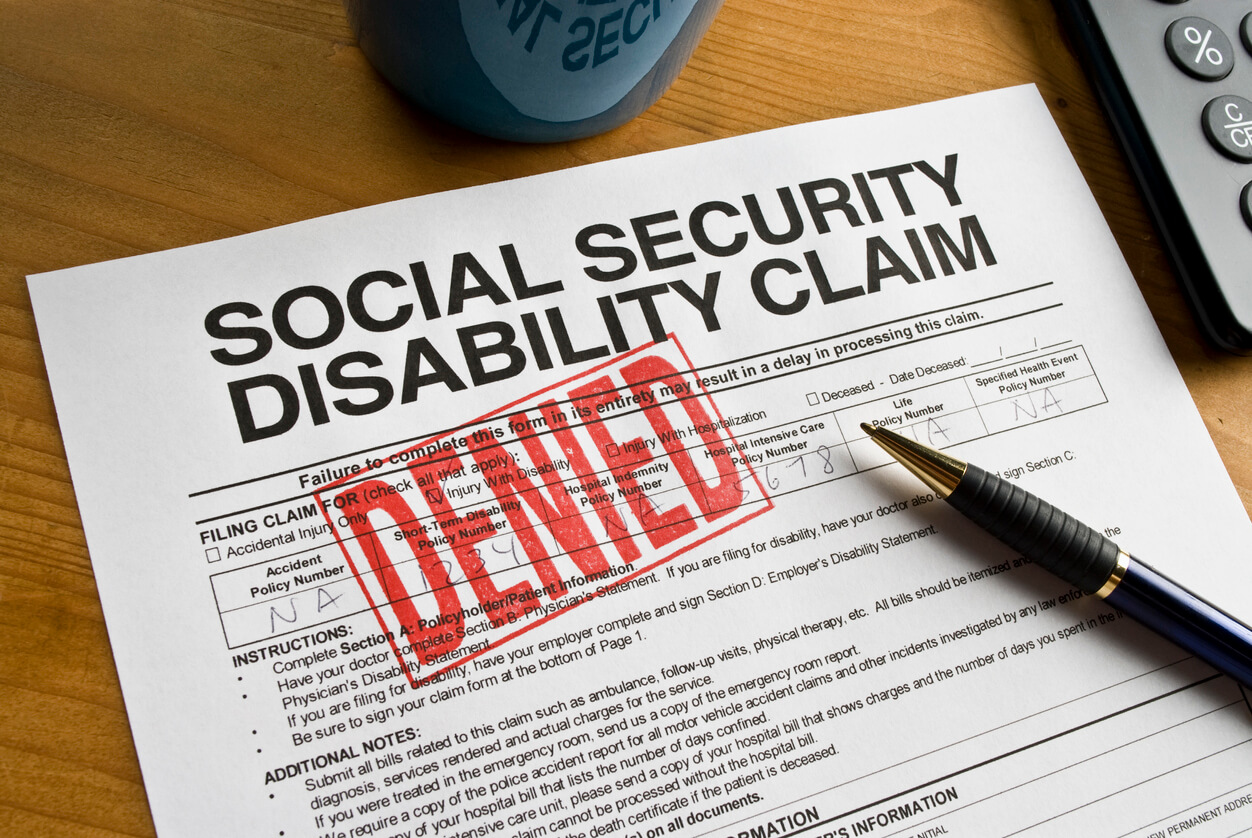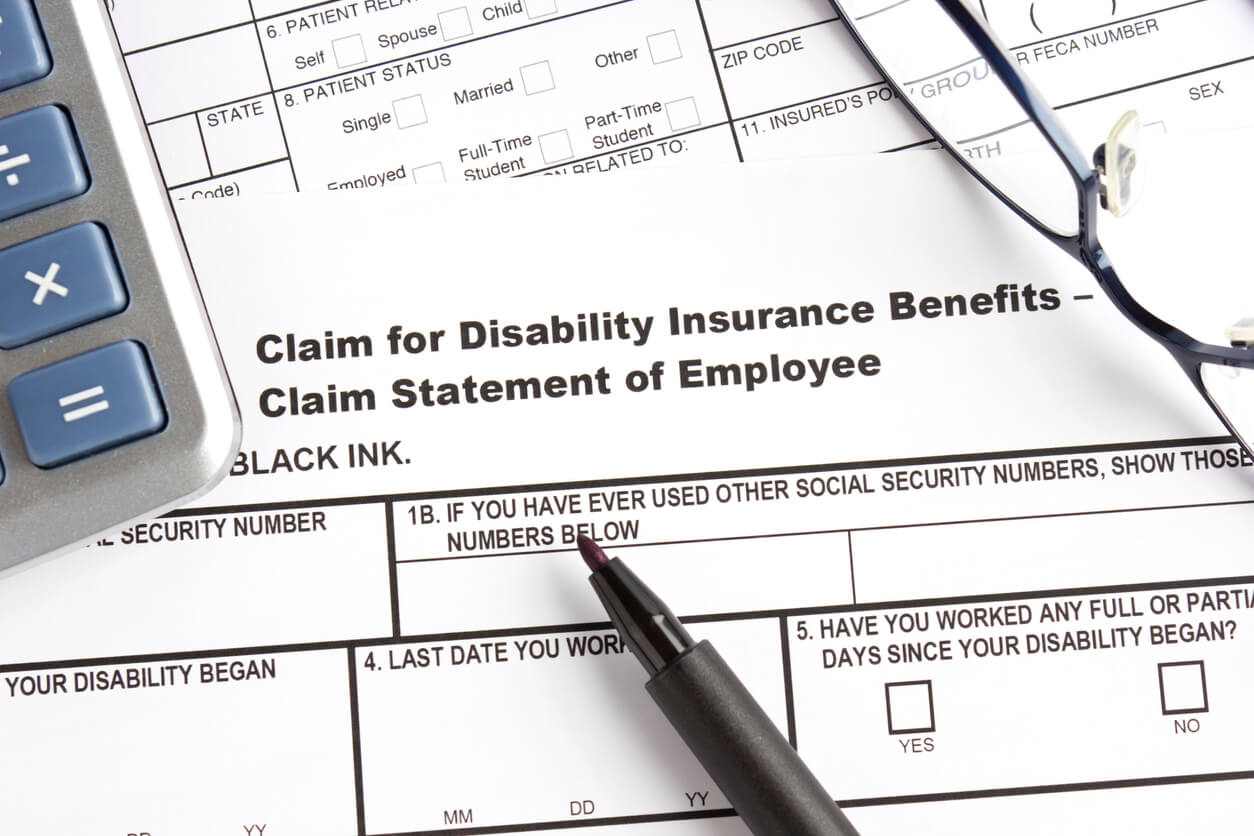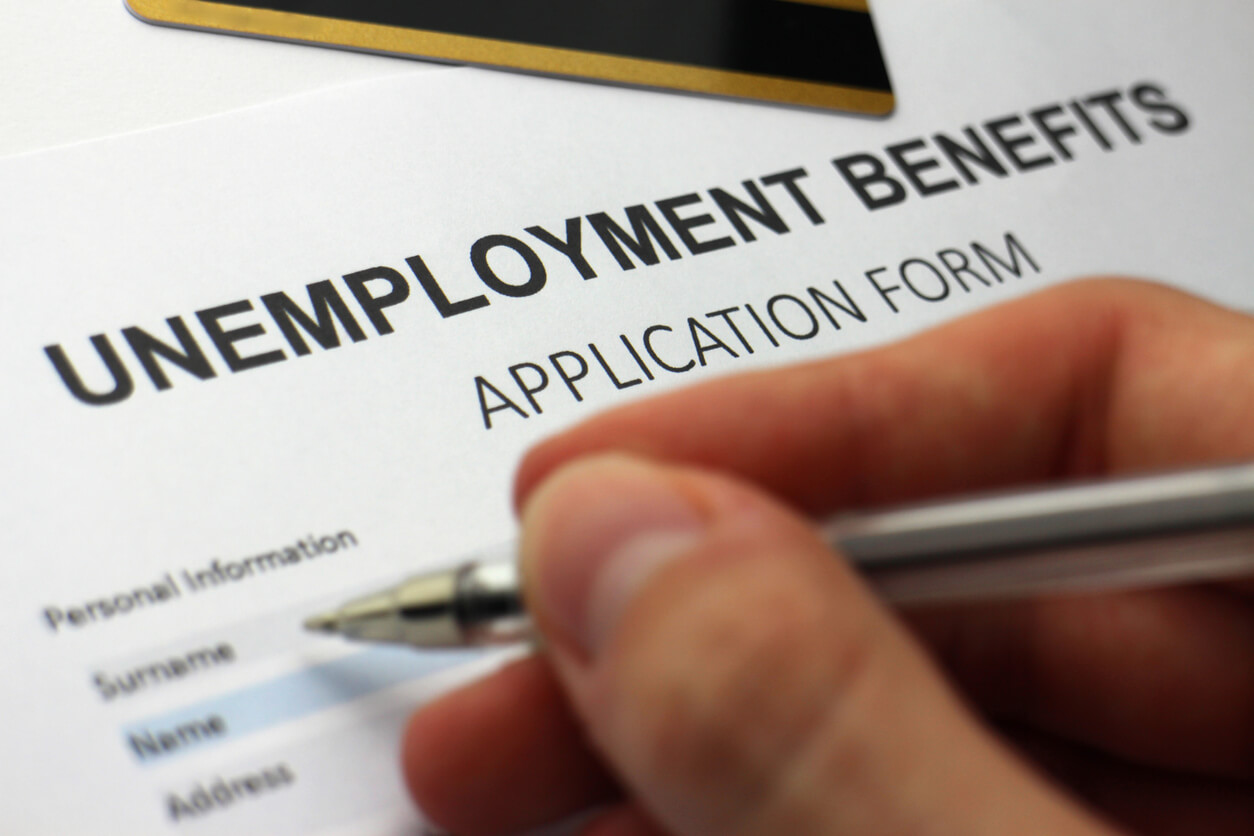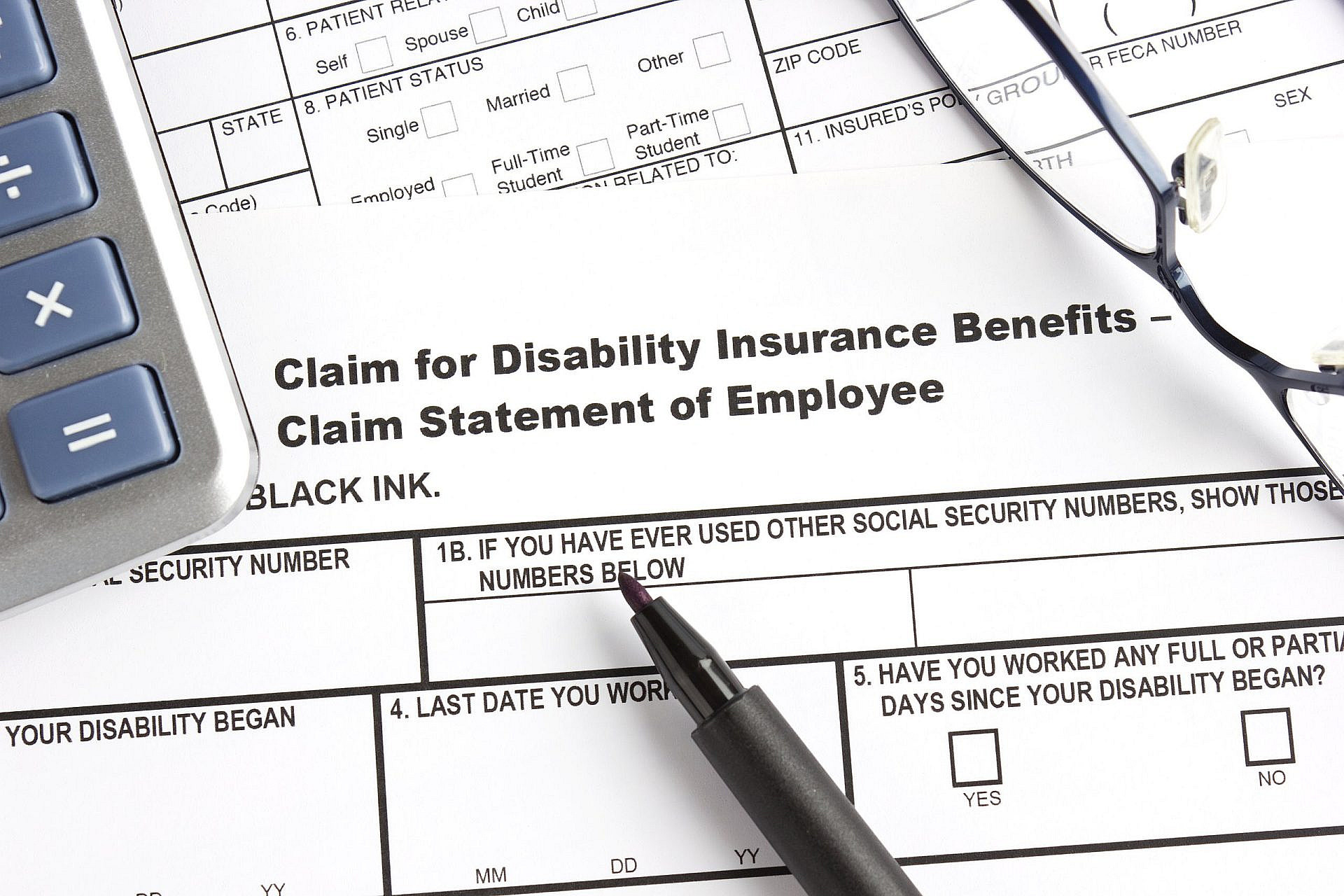Q: What challenges may special needs children face this school year due to COVID-19 precautions?
The Social Security Administration offers two federal disability benefits programs – – Social Security Disability Insurance (“SSDI”) and Supplemental Security Income (“SSI”). While both programs require applicants to satisfy the federal government’s definition of being “disabled”, each program has different qualifications beyond that.
Applying for SSDI or SSI benefits
Generally, workers who become disabled pursue SSDI. SSI is a means-based program that does not require an applicant to have a work history, but rather requires them to be of extremely limited financial income and assets and to be of advanced age or disabled. Some people may be eligible for both SSI and SSDI. SSI benefits are often sought by those in the special-needs population. Examples of impairments that special needs applicants may suffer from include autistic disorders, Down syndrome, intellectual disorders, and more.
The special needs community has been particularly hard hit as a result of quarantine orders due to the novel coronavirus.
Those suffering from autism often have difficulty focusing on therapy, school, or work assignments without direct support to keep them or redirect them on task. They may be unable to sit and attend to a task without getting up and walking away. Many autistic children have sensory processing issues, focus issues like ADD or ADHD, OCD tendencies, oppositional or defiant behaviors and are known to have meltdowns when transitioning from a preferred activity to a less desirable one– and they often struggle and regress when their routines are disrupted.
When many schools hastily switched to online learning last spring, many special needs students and their parents were stressed-out by the change. In-person services like physical therapy, occupational therapy, and speech therapy were either no longer available or done over online platforms like Zoom– a poor substitute to live sessions.
Parents, generally not teachers themselves, were trying to work from home and were charged with becoming special ed teachers and therapists for their children. Trying to adjust to their own new remote work situation while trying to support their children’s educational goals, was extremely stressful for many special-needs parents and their kids.
School reopening plans for the fall differ not only state-by-state but school district by school district. Some schools will offer five days of in-person instruction while others are remaining remote and still others are offering hybrid options where children have in-person instruction two or three days a week and online for the alternate days.
How New School Safeguards May Challenge Special Needs Children
It is difficult for parents to know what to do. On the one hand, children need in-person services and the socialization that comes with in-person instruction. But many special needs children don’t understand or won’t comply with rules regarding facemasks and handwashing and social distancing. These are challenging times for special needs children and their parents as well as the general population.
If you need help applying for SSI benefits for a loved one or yourself, the disability attorneys of Arizona at Roeschke Law can help you. Contact us today to schedule a free consultation.
From our offices in Tempe, Phoenix, and Tucson, we represent disabled people and their families throughout Arizona in all areas of disability law.









